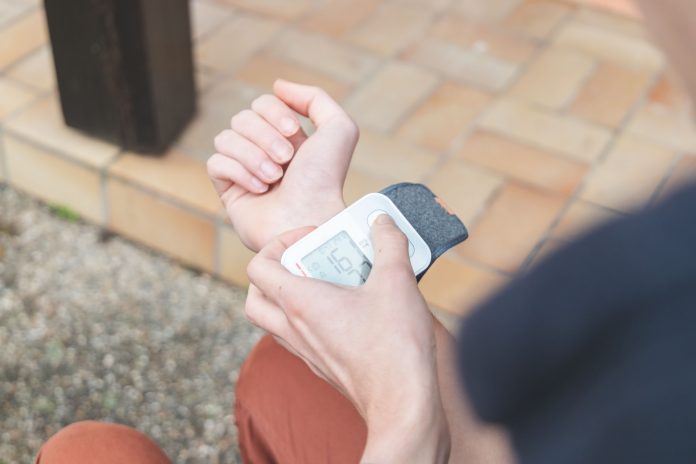
Scientists from Columbia University and elsewhere found that taking a 5-minute walk every half an hour could help lower blood sugar and blood pressure effectively.
Sedentary time is linked to many negative health outcomes. Physical activity guidelines recommend people reduce their sedentary time.
However, how often and how long sedentary time should be interrupted have not been provided by scientists.
In the current study, researchers aimed to examine the effects of sedentary break intervention on the heart and metabolic risk factors.
They tested 11 middle- and older-aged adults who completed the following 8-hour conditions on five separate days:
1 uninterrupted sedentary condition and 4 experimental parts that provided different sedentary break frequency/duration combinations:
Every 30 min for 1 min, every 30 min for 5 min, every 60 min for 1 min, and every 60 min for 5 min.
Sedentary breaks entailed light-intensity walking. Blood sugar and blood pressure were measured every 15 and 60 min, respectively.
The researchers found that compared to the sedentary condition, blood sugar level was strongly reduced only for every 30 min for 5 min dose.
All sedentary break doses yielded strong decreases in systolic blood pressure from baseline compared to sedentary.
The largest reductions in systolic blood pressure were found every 60 min for 1 min (-5.2 mmHg) and every 30 min for 5 min (-4.3 mmHg).
Based on the findings, the researchers suggest that the present study provides important information concerning efficacious sedentary break doses.
Higher frequency and longer duration breaks (every 30 min for 5 min) should be considered when managing blood sugar levels, while lower doses may be sufficient for blood pressure lowering.
The research was published in Medicine & Science In Sports & Exercise and was conducted by Andrea T. Duran et al.
If you care about high blood pressure, please read studies that drinking tea could help lower blood pressure, and early time-restricted eating could help improve blood pressure.
For more information about blood pressure, please see recent studies about added sugar in your diet linked to higher blood pressure, and results showing vitamin D could improve blood pressure in people with diabetes.
Copyright © 2023 Scientific Diet. All rights reserved.





